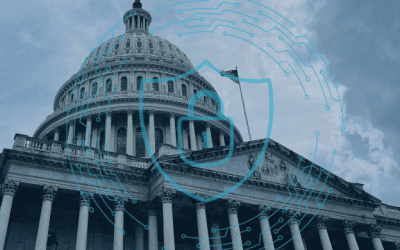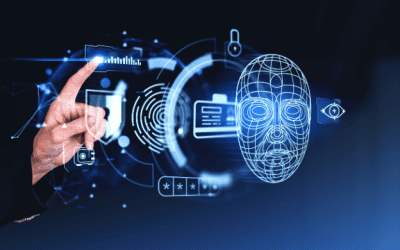While successful ransomware attacks have been lower this year compared to past years, it doesn’t mean that all patients and data are safe from them. Data sold on the dark web and hacking incidents have still proven to be extremely harmful to both patients and healthcare providers. Hackers have been using three common endpoints to access confidential information from organizations hoping to make money through selling it or demanding a ransom. There are three specific endpoints that healthcare institutions should make sure are secure to avoid exposing private patient and company information.
- Email Phishing Campaigns – these emails can contain malicious word documents or invoices.
- Remote Desktop Protocol – while it’s a small attack surface, it’s the perfect portal for hackers to gain control of networks.
- Virtual Private Networks (VPNs) – VPNs may be necessary for companies to function remotely, but if not secured properly, threat actors can scan for connections into the network.
It’s crucial that organizations make sure all of their endpoints are secured in times when technology and work situations are constantly changing. By increasing security you could save your company thousands of dollars and your patients’ lives.
See how the Agile1 Machine Learning + User Behavior Analytics SOC-as-a-Service can keep you safe from a breach, schedule a demo.
Learn more here.



